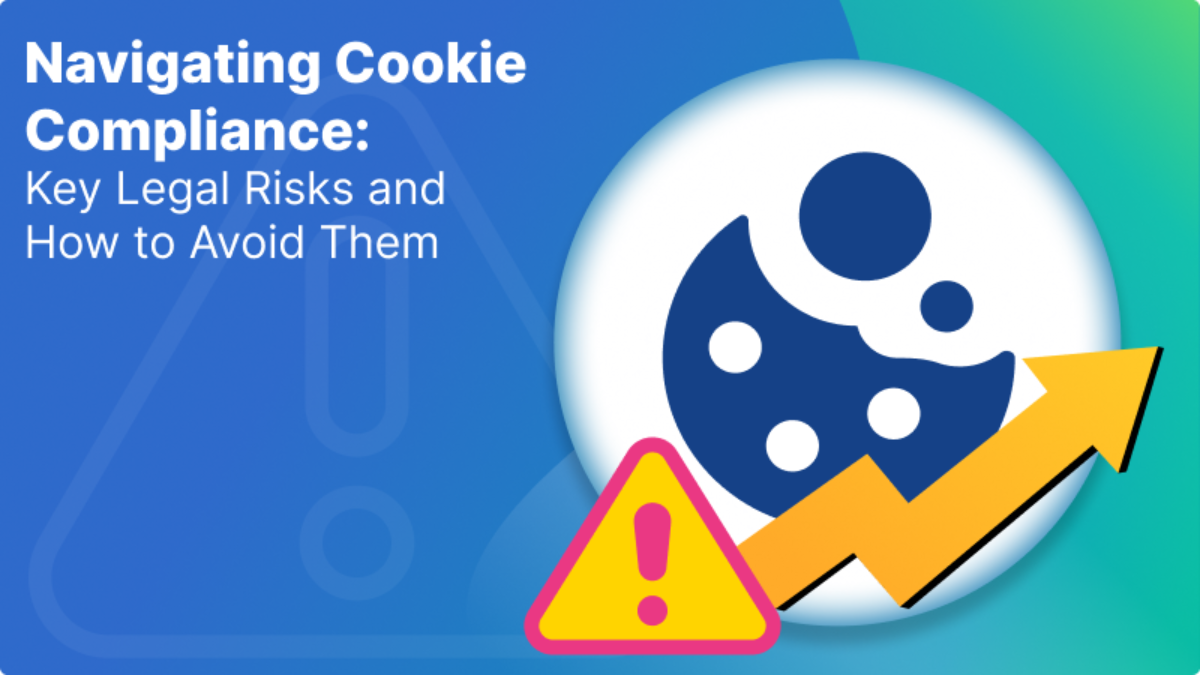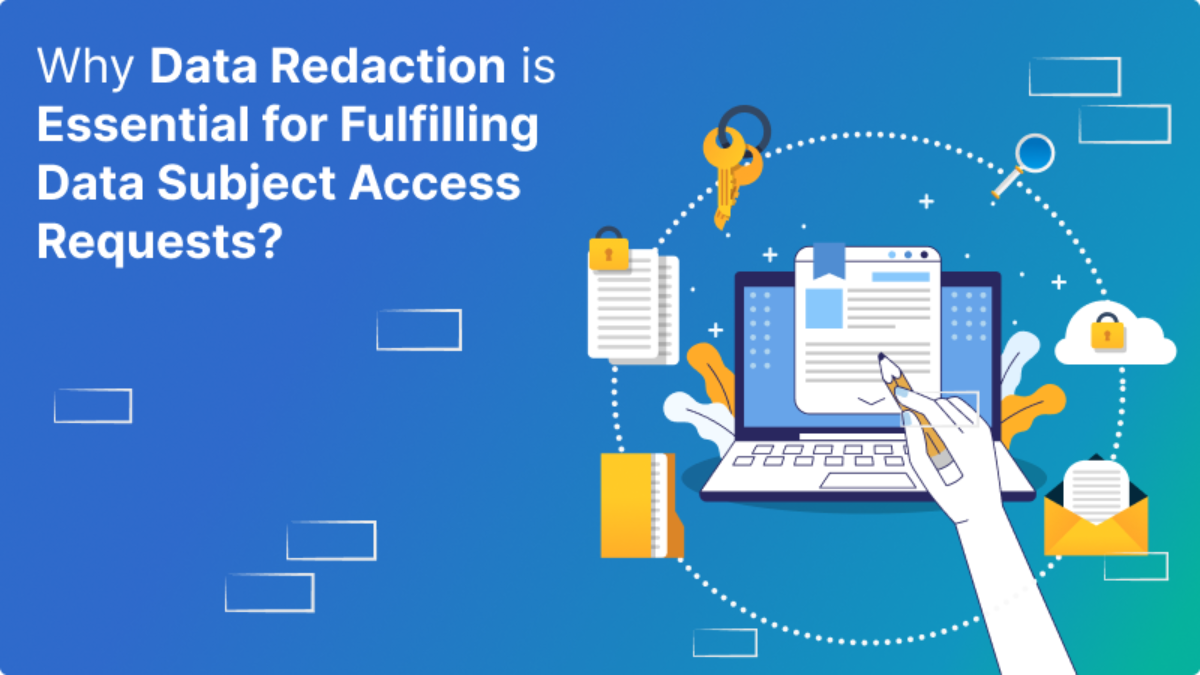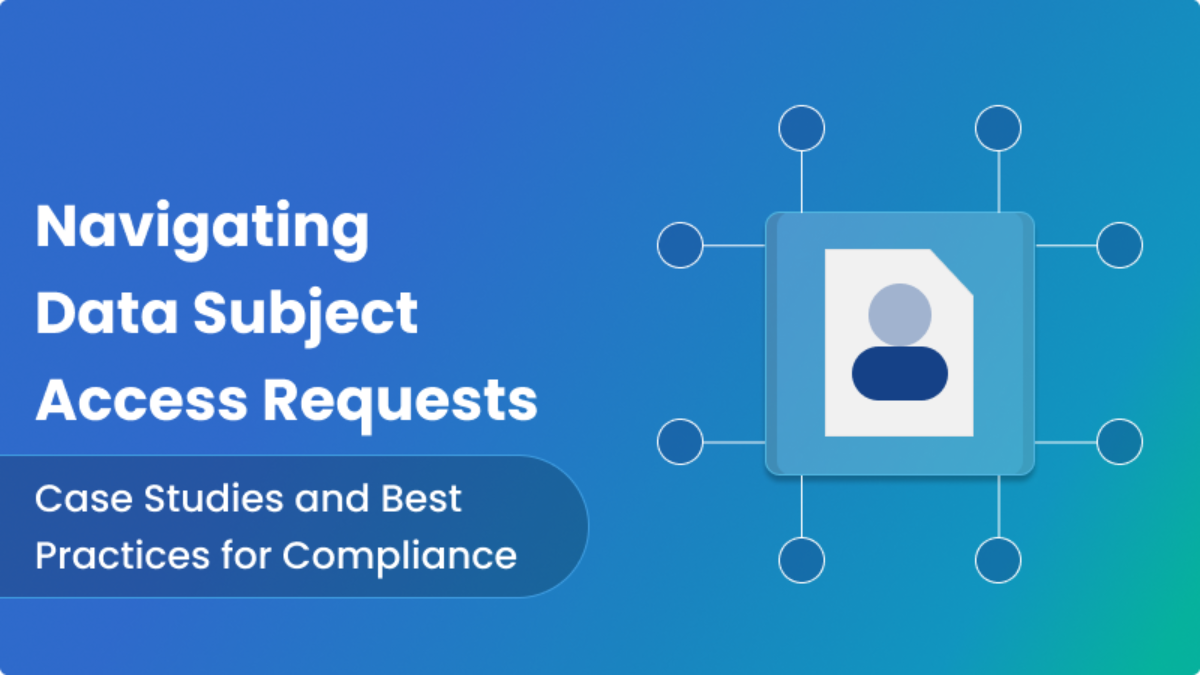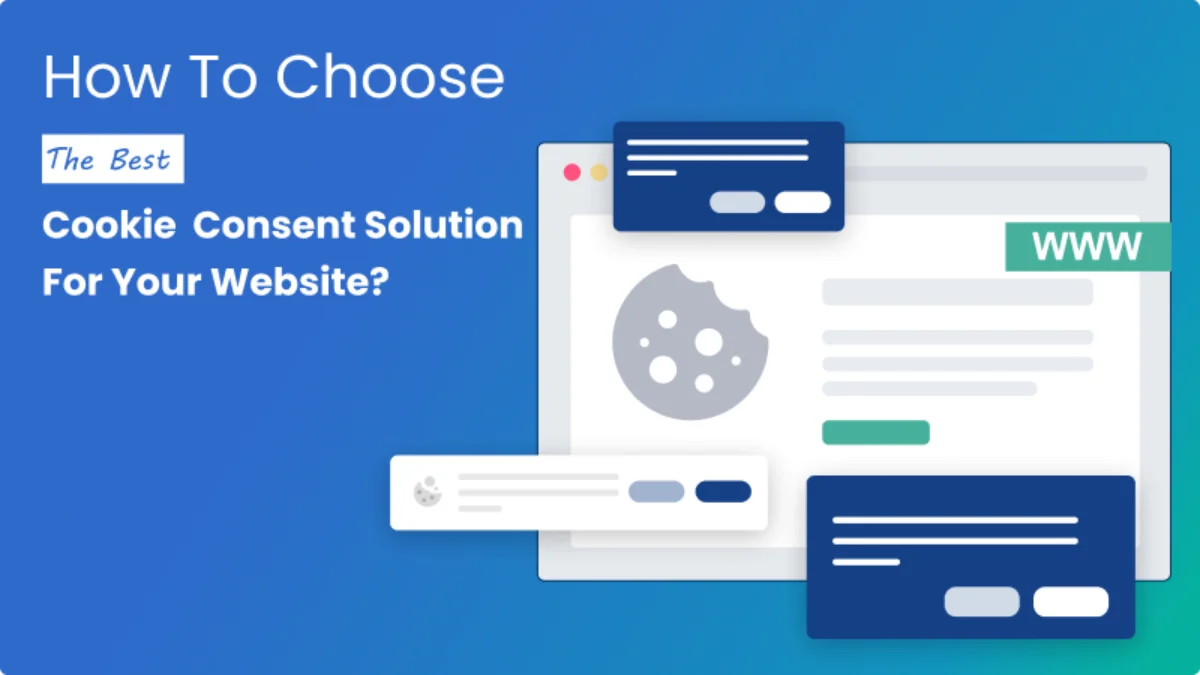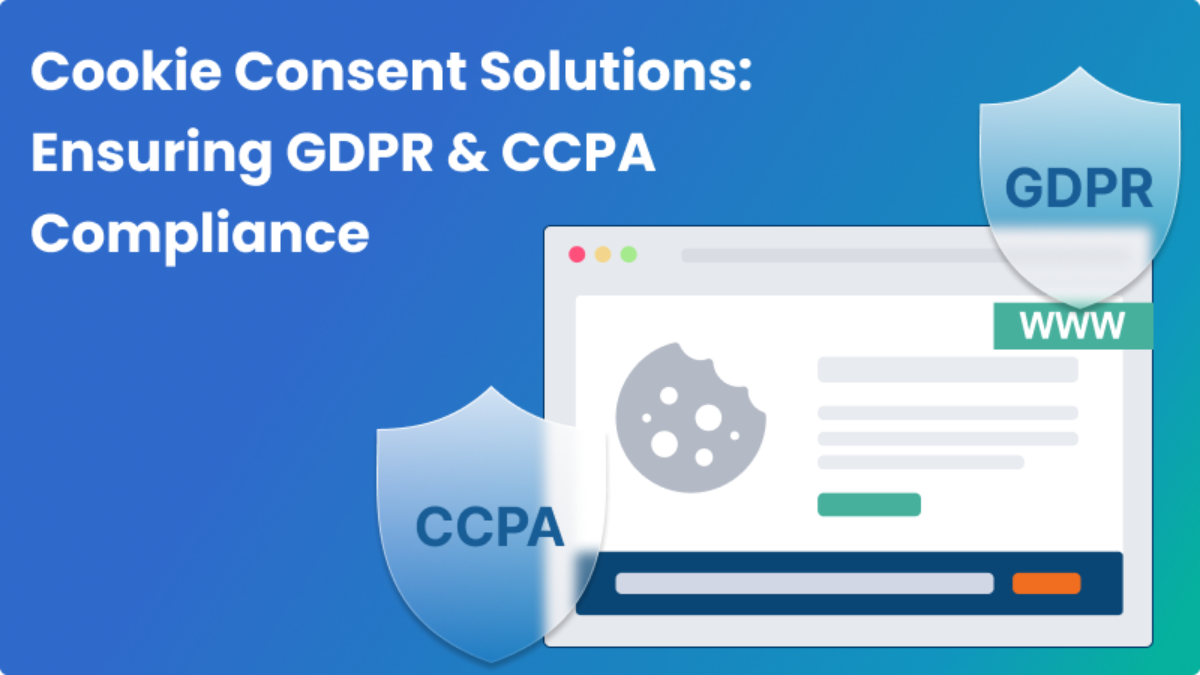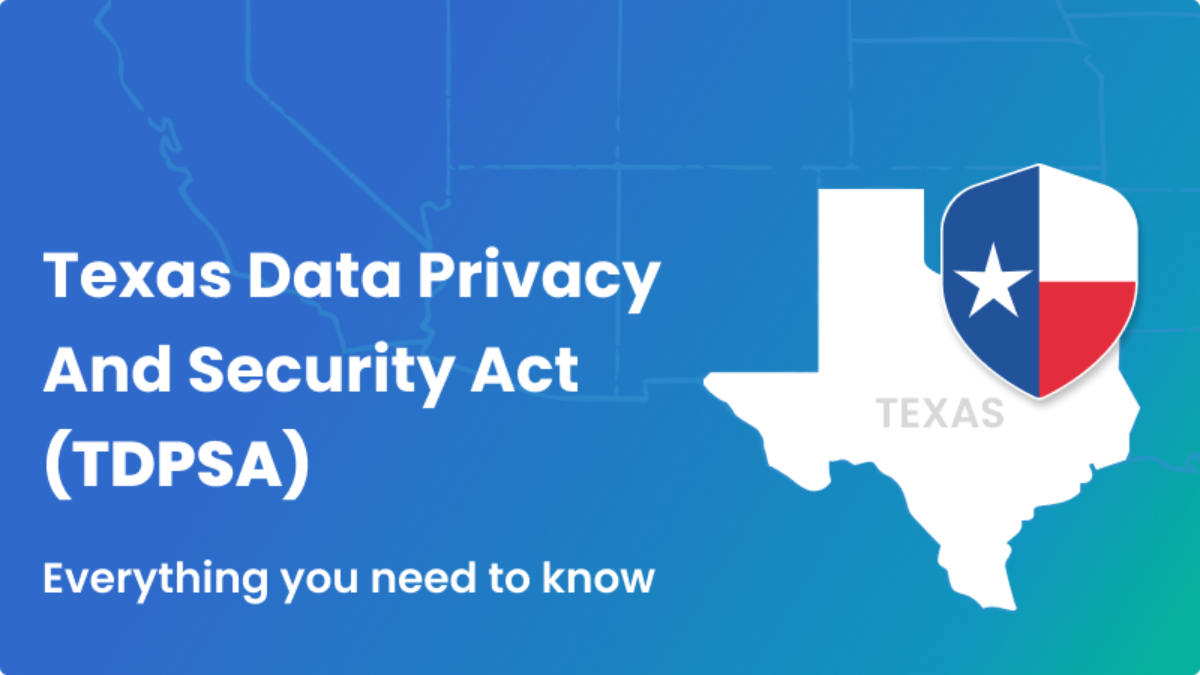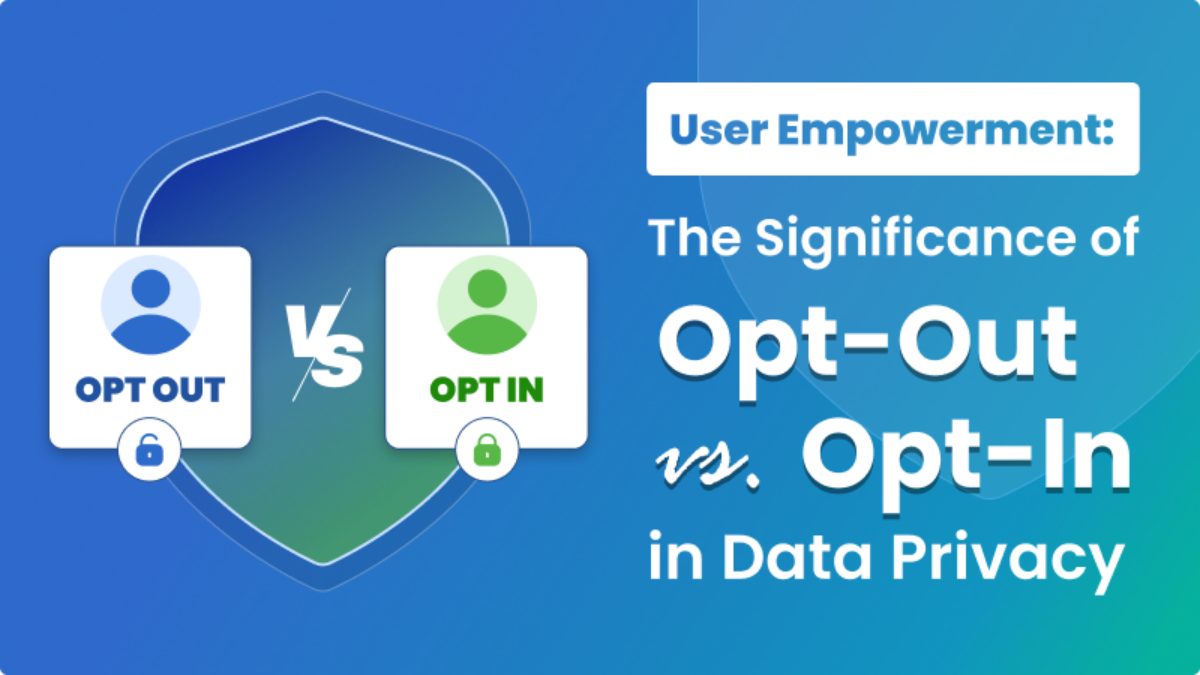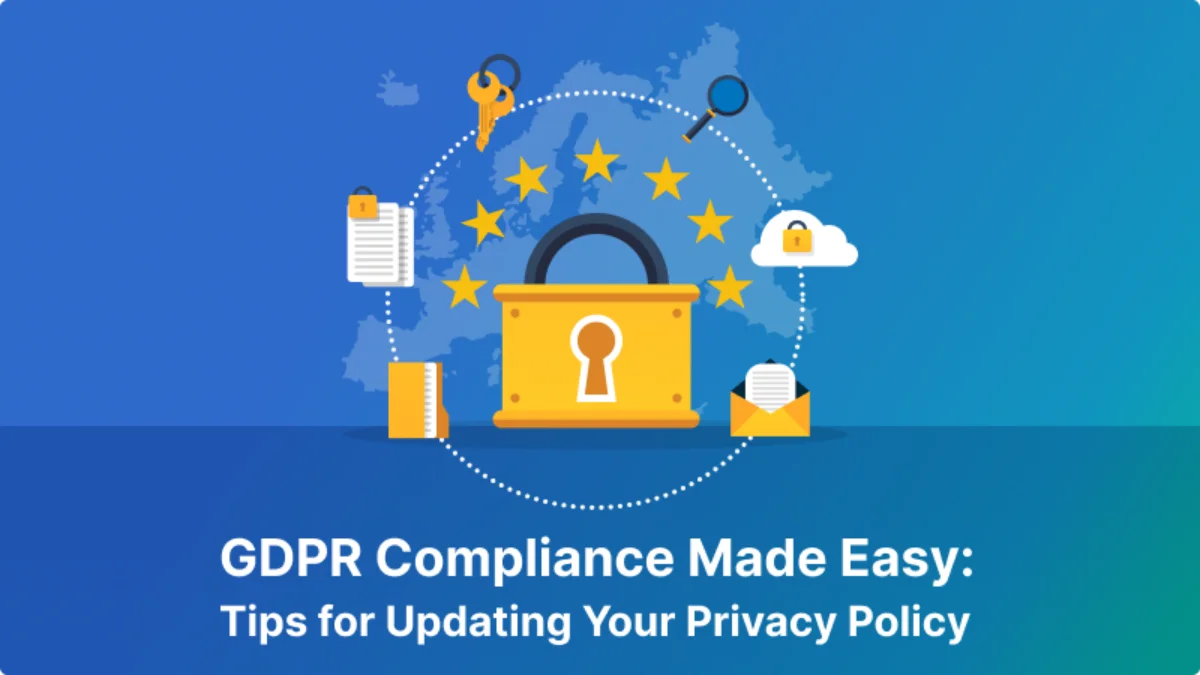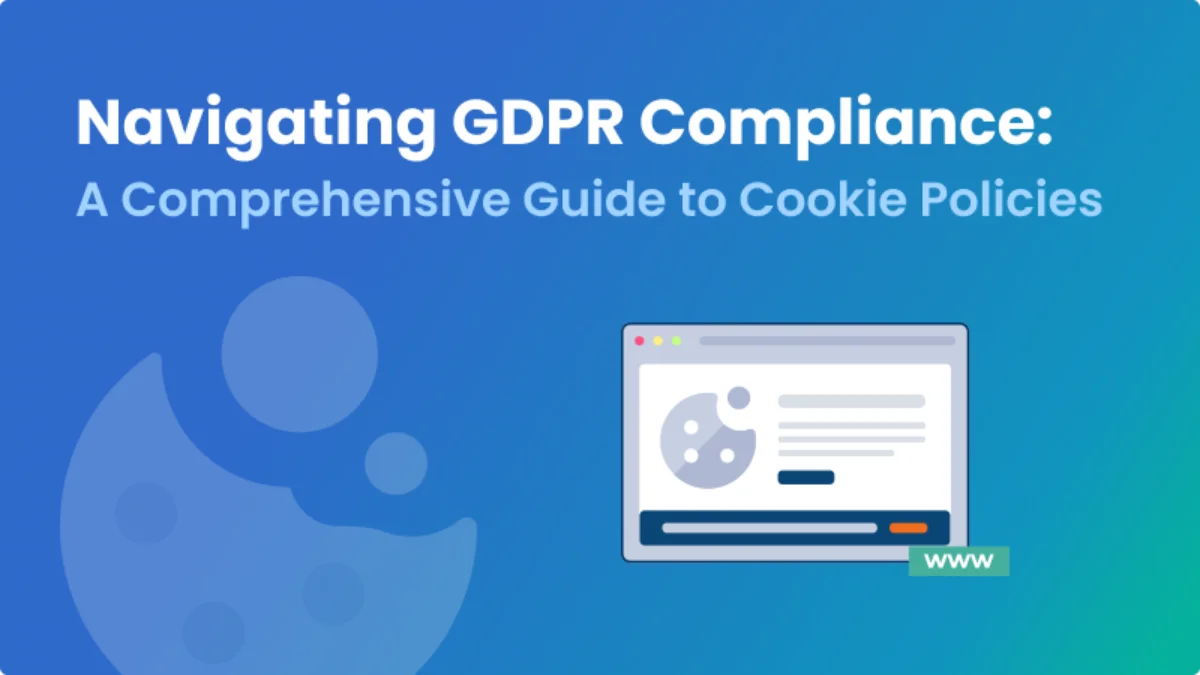Preparing for LGPD: Compliance Checklist and Best Practices

Overview Of LGPD
The LGPD, or Brazil’s General Data Protection Law, is a comprehensive data protection regulation in Brazil that aims to safeguard the privacy and security of individuals’ personal data. It grants individuals rights over their data, requires organizations to obtain consent for data processing, and mandates the implementation of security measures to protect data. LGPD also imposes strict regulations on how data is collected, used, and shared, and it holds organizations accountable for data breaches. LGPD is like the GDPR in Europe and reflects Brazil’s commitment to data privacy and protection. To avoid costly fines and reputational damage, it is crucial for companies to be well-prepared for LGPD compliance. In this blog, we’ll provide you with a comprehensive compliance checklist and best practices to ensure your organization aligns with LGPD requirements.
Key Principles LGPD
Before diving into the compliance checklist, it’s essential to grasp the key principles and provisions of LGPD. LGPD establishes the following core principles:
-
Lawful Processing:
Data processing must be based on a legitimate legal basis and with explicit consent where required.
-
Purpose Limitation:
Data must be collected for specified, explicit, and legitimate purposes.
-
Data Minimization:
Organizations should collect only the data necessary for the purposes they’ve stated.
-
Data Accuracy:
Data must be kept accurate, and organizations should take steps to ensure its correctness.
-
Storage Limitation:
Personal data should not be kept longer than necessary for the defined purposes.
-
Security and Confidentiality:
Organizations are obligated to implement security measures to protect personal data from breaches.
-
Accountability and Transparency:
Companies must demonstrate compliance, and data subjects should be informed about data processing activities.
LGPD Compliance Checklist
Now, let’s delve into the compliance checklist that your organization should follow to ensure adherence to LGPD:
-
Data Inventory and Mapping under LGPD
Create a comprehensive inventory of all personal data your organization processes.
-
Consent Management
Implement a robust system for obtaining and managing consent from data subjects.
Under LGPD, obtaining clear and informed consent from data subjects for data processing is essential. Organizations should establish mechanisms to obtain, manage, and document consent.
-
Data Protection Officer (DPO)
Appoint a DPO responsible for ensuring compliance and acting as a point of contact for data subjects and authorities.
LGPD mandates the appointment of a Data Protection Officer (DPO) in certain cases, such as when processing large volumes of personal data. The DPO is responsible for ensuring compliance and acting as a point of contact for data subjects and authorities.
-
Privacy Policies
Review and update your privacy policies to align with LGPD requirements and ensure they are easily accessible.
Privacy policies and notices should be reviewed and updated to align with LGPD requirements. They must be transparent and inform data subjects about data processing activities, their rights, and how to exercise them.
-
Data Breach Response Plan
LGPD mandates the implementation of security measures to protect personal data. These measures include encryption, access controls, regular security assessments, and other safeguards to prevent data breaches.
Develop and test a data breach response plan, as LGPD mandates reporting data breaches within a specified timeframe.
LGPD requires organizations to promptly notify both data subjects and the authorities of data breaches. Notifications should include details about the breach, its potential consequences, and the measures taken to mitigate it.
-
Cross-Border Data Transfers
If transferring data across borders, ensure you comply with LGPD requirements and implement safeguards like Standard Contractual Clauses (SCCs).
-
Employee Training
Train employees on LGPD principles, policies, and procedures.
-
Data Subject Rights
Develop processes for data subject rights, including access, rectification, erasure, and data portability requests.
-
Data Processing Records
Maintain detailed records of data processing activities.
-
Risk Assessments
Conduct regular risk assessments to identify and mitigate data protection risks.
Data Protection Impact Assessments (DPIAs) help identify and mitigate risks associated with data processing activities. LGPD encourages organizations to conduct DPIAs, particularly for high-risk data processing.
-
Vendor Contracts
Review and amend contracts with data processors to ensure they meet LGPD requirements.
Best Practices
In addition to the checklist, here are some best practices to enhance your LGPD compliance efforts:
Employee Training and Awareness
Employee training and awareness are fundamental components of LGPD compliance. To effectively protect personal data and adhere to Brazil’s General Data Protection Law (Lei Geral de Proteção de Dados, or LGPD), organizations must ensure that their workforce is well-informed and conscious of the principles and requirements of data privacy.
Employee training programs should cover various aspects of LGPD, including the rights of data subjects, the organization’s obligations, and best practices for data protection. This training should be tailored to the specific roles and responsibilities of employees within the organization. For instance, those who handle customer data should receive training specific to their functions, while management should understand the broader legal and compliance aspects.
Employee training should emphasize the following key areas
Data Handling
Educate employees on proper data collection, storage, and processing, including consent, data subject rights, and secure management.
Data Security
Train on encryption, access controls, secure storage, and breach prevention, with an emphasis on reporting security incidents.
Data Subject Rights
Ensure employees know how to handle data subject requests, granting access, rectification, and data deletion or portability.
Incident Response
Teach protocols for identifying, reporting, and mitigating data breaches, stressing timely notifications.
Continuous Learning
Maintain ongoing training and awareness programs to keep employees informed about LGPD updates and best practices.
Vendor Management
Vendor management is a critical aspect of LGPD compliance, as it involves the engagement of third-party vendors and data processors. Organizations need to evaluate the data protection practices of these vendors, ensuring that they comply with LGPD requirements. This entails conducting due diligence, establishing data processing agreements that align with LGPD principles, and continuously monitoring vendor performance. Effective vendor management helps maintain the integrity and security of personal data and mitigates the risk of data breaches arising from third-party relationships.
Regular Audits and Assessments
Regular audits and assessments are essential components of LGPD compliance. These evaluations help organizations ensure ongoing adherence to LGPD requirements and identify any potential vulnerabilities or shortcomings in data protection practices. By conducting routine assessments, organizations can proactively address compliance issues, update policies and procedures, and implement corrective actions when necessary. This proactive approach not only helps in maintaining compliance but also reduces the risk of data breaches and associated legal consequences.
Data Minimization
Data minimization is a fundamental principle under LGPD, emphasizing the collection and processing of only the data that is necessary for the intended purpose. By adhering to data minimization, organizations can reduce the amount of personal data they handle, decreasing the potential impact of data breaches and simplifying compliance efforts. Limiting data collection and storage to the essentials also aligns with the broader principles of privacy by design and default, promoting responsible data management practices.
Conclusion
Compliance with the Lei Geral de Proteção de Dados (LGPD) is of paramount importance for businesses operating in Brazil and those handling the personal data of Brazilian citizens. LGPD establishes a framework that not only safeguards individuals’ privacy rights but also promotes trust and transparency in business operations. Achieving and maintaining LGPD compliance not only mitigates legal and financial risks associated with data breaches and non-compliance but also provides a competitive advantage by demonstrating a commitment to responsible data management. Moreover, it fosters stronger customer relationships as individuals gain confidence that their data is being handled with care and respect, ultimately contributing to the organization’s long-term success and sustainability in an increasingly data-centric world.
